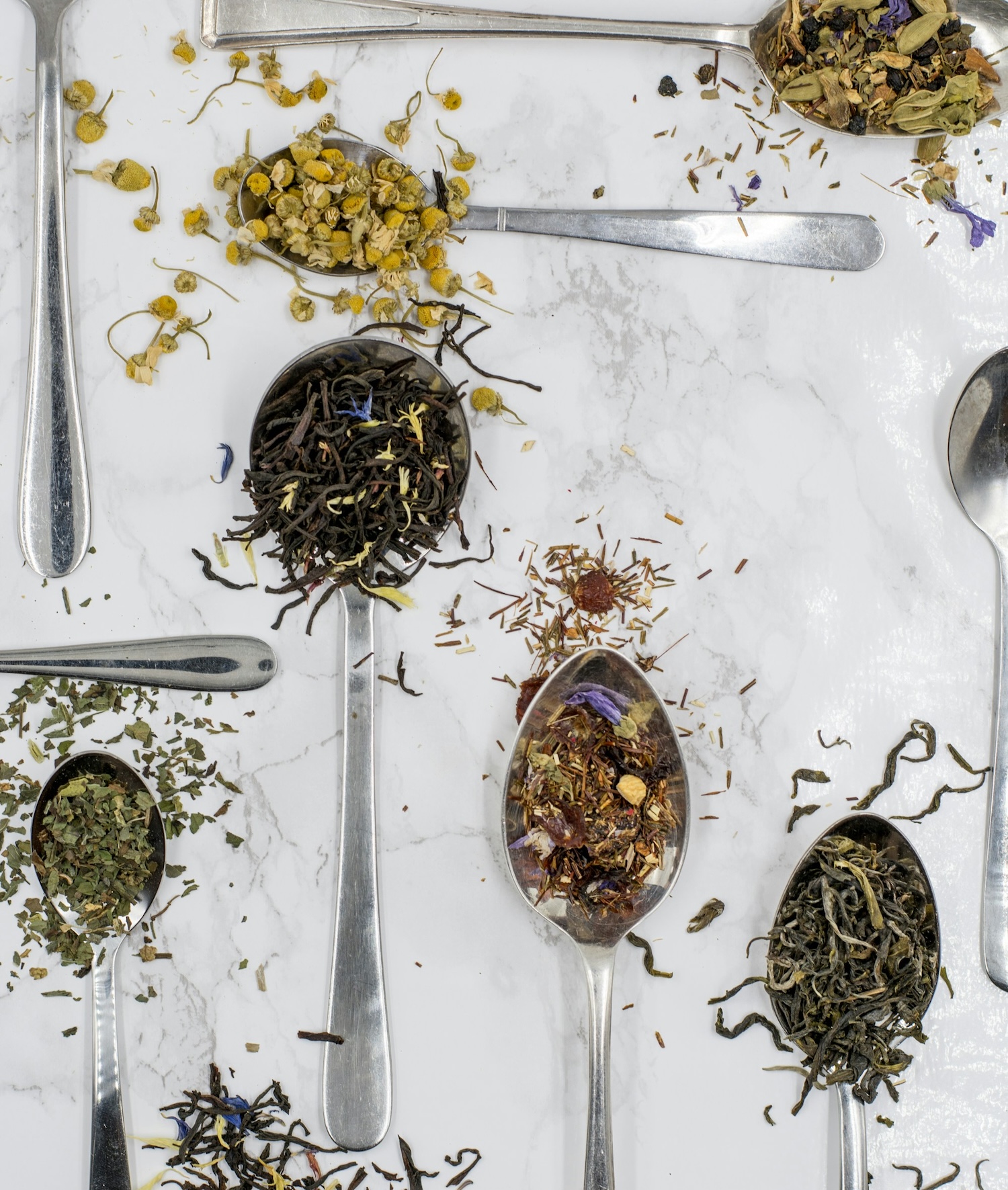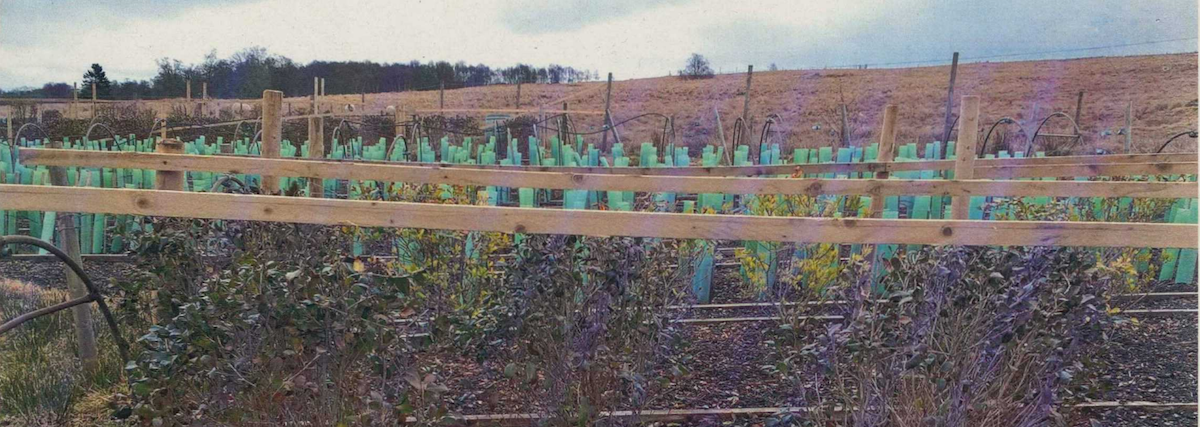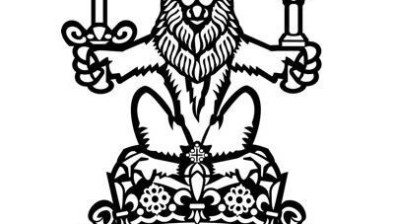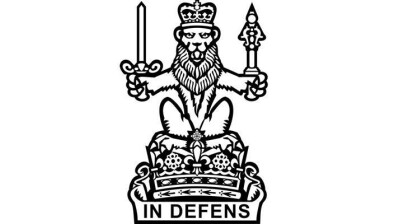Man jailed for three and a half years over £500,000 fake Scottish tea fraud

A fraudster who earned more than £500,000 by deceiving luxury hotels and stores into buying “unique” Scottish-grown tea that was actually imported, has been imprisoned for three and a half years following a prosecution by the Crown Office and Procurator Fiscal Service (COPFS).
Thomas Robinson, 55, of Dunkeld, Perthshire, also defrauded a group of genuine Scottish tea growers by selling them plants under the false pretence they were a premium, single-origin Scottish variety.
Operating under the business name The Wee Tea Plantation, he claimed that he cultivated exclusive tea plants at his Perthshire estate.
But prosecutors proved that, in reality, Robinson bought the tea from wholesalers in Italy before repackaging the plants and then reselling them to retailers for five times the original cost.
He was sentenced at Stirling Sheriff Court after a jury found him guilty of two charges of being concerned in a fraudulent scheme.
Robinson’s conviction followed an investigation by Food Standards Scotland into his activities.
Helen Nisbet, Procurator Fiscal for Tayside, Central and Fife, said: “This was a planned and deliberate fraud.
“Thomas Robinson misled genuine Scottish tea growers by selling them plants he falsely claimed were a unique, locally grown variety.
“Fraud is not a victimless crime. Individuals, businesses, and genuine Scottish tea growers suffered financial and reputational harm as a consequence of Robinson’s deceit.
“But thanks to partnership working between Food Standards Scotland, Police Scotland and the Crown Office and Procurator Fiscal Service, he has been brought to account for his crimes.
“We are committed to tackling financial crime of this kind.”
Robinson pretended he had used innovative growing techniques, including a biodegradable polymer, to cultivate premium Camellia Sinensis tea plants from an estate in Perthshire.
He then fraudulently sold the plants to high-profile clients in the hospitality sector, including Edinburgh’s Balmoral Hotel and the Dorchester Hotel in London, as well as retailers between January 2014 and February 2019.

Some of the tea plants that were grown on Thomas Robinson's Perthshire estate (credit: Crown Office)
He also told prospective growers, clients and the wider public that he had sold the tea to Kensington Palace and claimed it was a favourite of the late Queen Elizabeth.
But the court heard he was importing the plants for three Euros each – around £2.50 – and collecting them from a mailbox in Glasgow.
He was then selling them for £12.50 each while insisting to clients and retailers that they were a sound financial investment.
The court heard that the total approximate value of his fraudulent activity was approximately £550,000.
Robinson also fabricated his academic status by falsely claiming he had qualifications in agronomy and agriculture and had obtained awards for his tea from industry bodies.
He will now be subject to confiscation proceedings under Proceeds of Crime legislation to recover monies illegally obtained.
Ron McNaughton, Head of the Scottish Food Crime and Incidents Unit (SFCIU) at Food Standards Scotland, said: “We welcome today’s sentencing as a clear signal that food fraud is a serious crime with serious consequences.
“A three-and-a-half year custodial sentence reflects the scale and impact of Mr Robinson’s deception. His actions caused real financial and reputational harm to individuals, businesses and a developing sector of genuine Scottish tea producers.
“This outcome is the result of a complex and painstaking investigation involving a dedicated team at FSS and the cooperation of partner agencies and key witnesses.
“It demonstrates that those who set out to mislead consumers and defraud businesses will be held accountable.
“Food fraud undermines consumer trust and damages the integrity of Scotland’s globally respected food and drink sector. We remain committed to detecting and disrupting criminal activity of this nature.”







